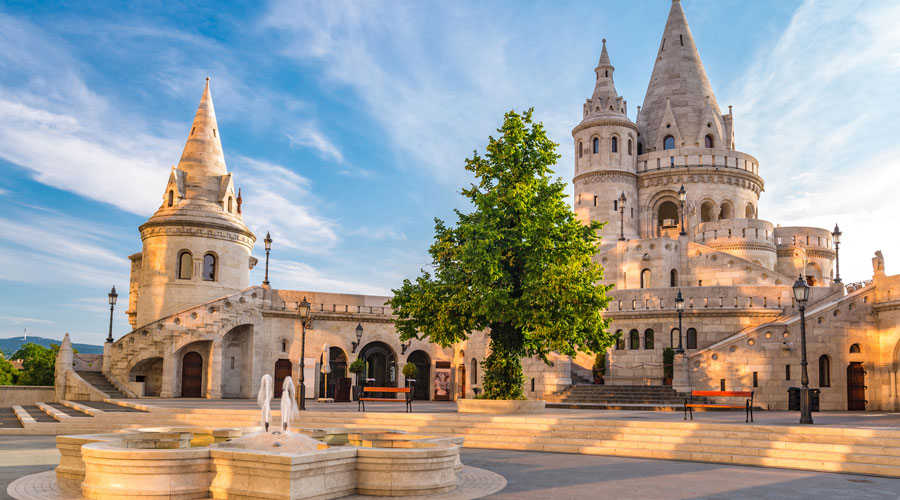
72 hours in Bratislava and Budapest: What to See and Do

December 03, 2018
6 minute read
A river cruise is one of the most relaxing ways to explore Central Europe at a leisurely pace. And if you like to travel at a slower pace and want to check off destinations like Bratislava and Budapest on your Central Europe itinerary list, don't hesitate to join one of the fastest growing ways to explore--River Cruises. I spent only a small portion of my journey on board a river cruiser, but it would have been fantastic to have spent the entire trip floating along the iconic Danube River.
Located on the Danube River and surrounded by wineries and the beautiful Small Carpathian Mountains, Bratislava offers something for everyone, every season. Whether it's the wineries, the outdoor experiences, the spectacular scenery or the historical sites, you are bound to find an activity that you like in Bratislava.
Bratislava is the capital of Slovakia. It's only 41 miles from Vienna and 124 miles from Budapest.
Budapest, the "Pearl of the Danube" is one of the most beautiful cities in Central Europe. It is situated on both sides of the Danube River. The right bank and hilly side is Buda, and Pest, the flatter side is on the opposite bank. Budapest, the Hungarian capital, is home to thermal baths, architectural gems, and gourmet foods.
If you're wondering what to see and do in Bratislava and Budapest in a short time, don't worry. I visited both cities in just 72 hours - 24 hours in Bratislava and 48 hours in Budapest.
Bratislava
My top five things to do and see are:
1. Visit the Blue Church
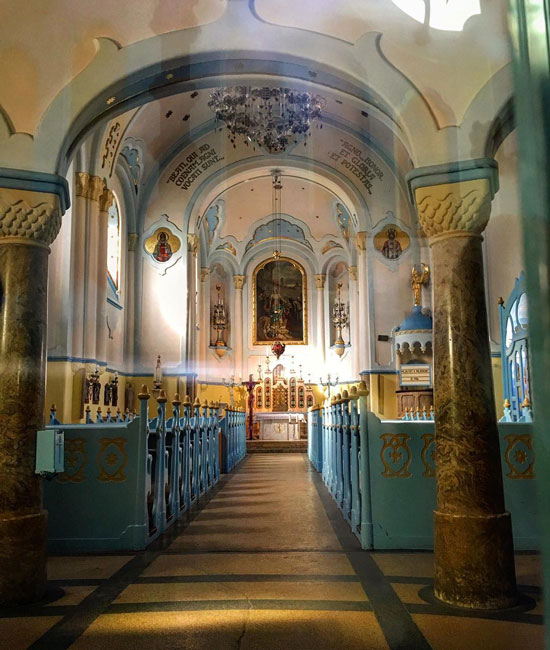
The art nouveau Church of St Elizabeth, also known as the Blue Church was built in the early 20th century in honour of Elizabeth, the daughter of Andrew II, a Hungarian king (1205-1235). A tour of the church will include the story of Elizabeth's love for the poor and hungry.
2. Explore Devin Castle and the surrounding park
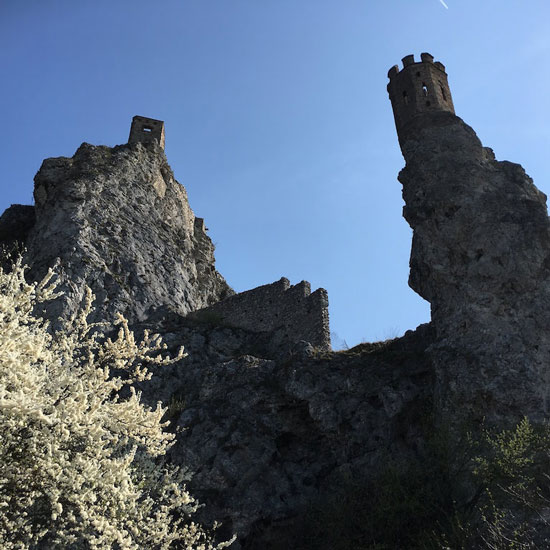
Built around the fifth century on top of a rocky outcrop on the confluence of Morava and Danube rivers, Devin Castle offers an excellent escape for those seeking a quiet sanctuary with amazing views of Slovakia and its neighbouring country, Austria. It's a place to learn about the medieval history of Bratislava and how the Slovakians were trying to escape to freedom during the communist era. There's a monument to commemorate those who died while attempting to cross the river to Austria.
3. Go on a walking tour in the Old Town
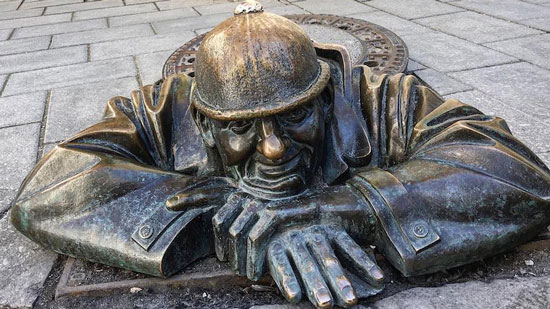
The best part of the Bratislava walking tour was when I discovered the quirky bronze sculptures in random places. Some of my favourites are Cumil, the "sewer worker" on the sidewalk, a Napoleonic soldier on the bench and Schone Naci, the silver statue at a corner of the street. Schone Naci was a mentally ill man who lived in Bratislava in the early 20th century. He wore a top hat and a robe and gave flowers randomly to women in the Old Town.
4. Try Slovak wine
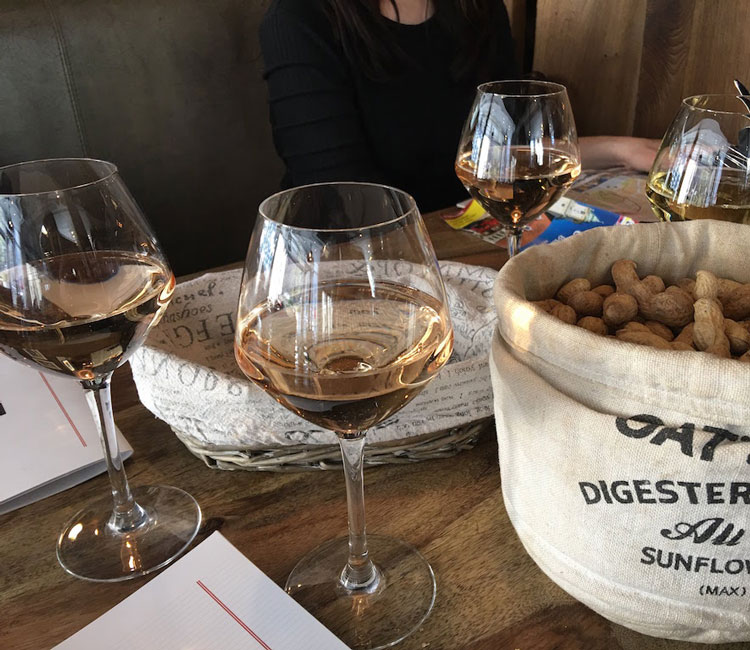
If you don't have the time for a wine tasting tour at the Small Carpathians or Tokaj wine regions, you can get Slovak wine in many restaurants throughout the city. Wine lovers should not leave Bratislava without trying the local wine. Check out Grand Cru Wine Gallery or enjoy a glass or two at a restaurant.
5. Have coffee in Hlavne Namestie, Bratislava main square
Enjoy a cup of coffee with Bratislava crescents (Bratislavské rožky), the most famous desert in Bratislava at Hlavne Namestie, the Old Town's main square. Hviezdoslavovo Square is another place for your caffeine fix and sweet treats.
Budapest
My top five things to do and see are:
1. Evening cruise on Danube River
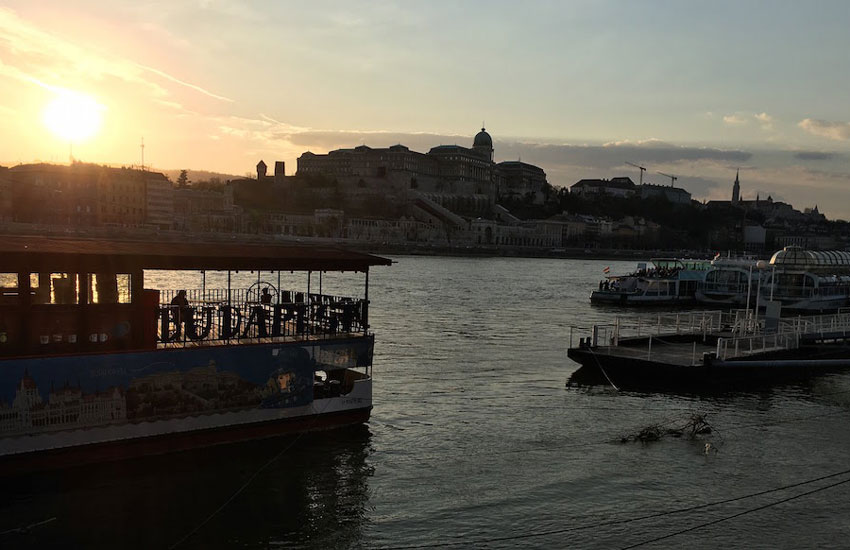
I suggest going on an evening cruise where you can take in the sights along the river banks and watch the glittering lights of Budapest. There are one or two hour options. Some include dinner, live music, and drinks. River cruises usually embark from the Pest side. Some of the famous sights to photograph include the Parliament Building and the Budapest bridges.
2. Have a meal in New York Cafe
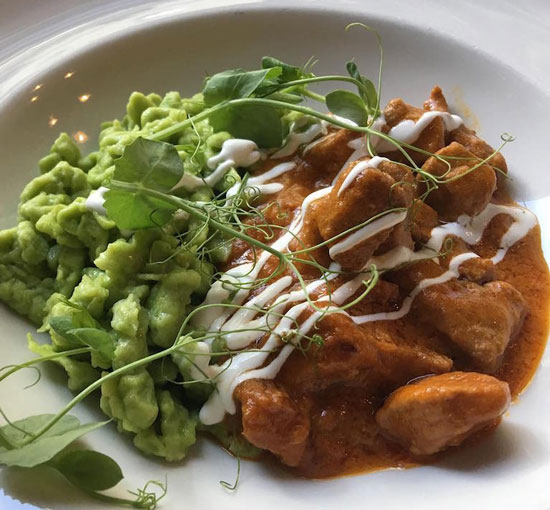
I live in New York City, and I was inclined to add Budapest's New York Cafe at the top of my list of places to visit. The New York Cafe is a historical cafe, housed in the hall on the ground floor of the four-storied New York Life Insurance Company since 1894. This palace-like Italian Renaissance style cafe became one of the most important meeting places for writers, editors, poets, and artists in Budapest.
Today, New York Cafe attracts tourists from around the world like me who are interested to check out the ornate interiors and to have a cup of coffee. You can try the coffee, dessert and the local Hungarian cuisine, and enjoy a live classical music performance while you dine.
3. Join a hop-on-hop-off tour
The most relaxing and affordable way to see the sprawling city of Budapest is to join a hop-on-hop-off tour. I bought a 48-hour ticket. The buses stop at all major tourist spots in the city including the Hungarian Building, Hungarian State Opera House, Castle Hill, Heroes'Square, Szechenyi Baths, St. Stephen's Basilica, Grand Synagogue, National Museum and more.
Make sure you visit Fisherman's Bastion in Castle Hill, one of Budapest's top attractions.
4. Walk along the Danube River
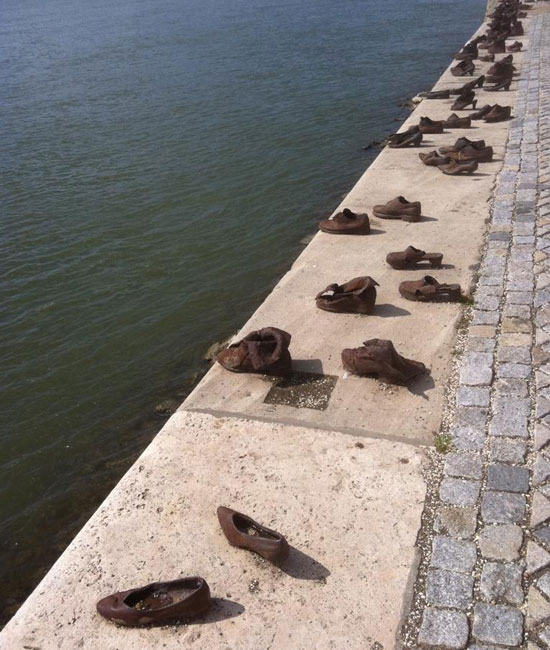
As I walked along the east bank of the Danube River, I learned that 20,000 Jews died there. You can see Shoes on Danube Promenade, a memorial to honour the men, women, and children who were forced to remove their shoes before the execution. There are 60 pairs of sculpted iron 1940s-style men, women and children's shoes set on the concrete at the promenade.
5. Enjoy the views from Gellert Hill
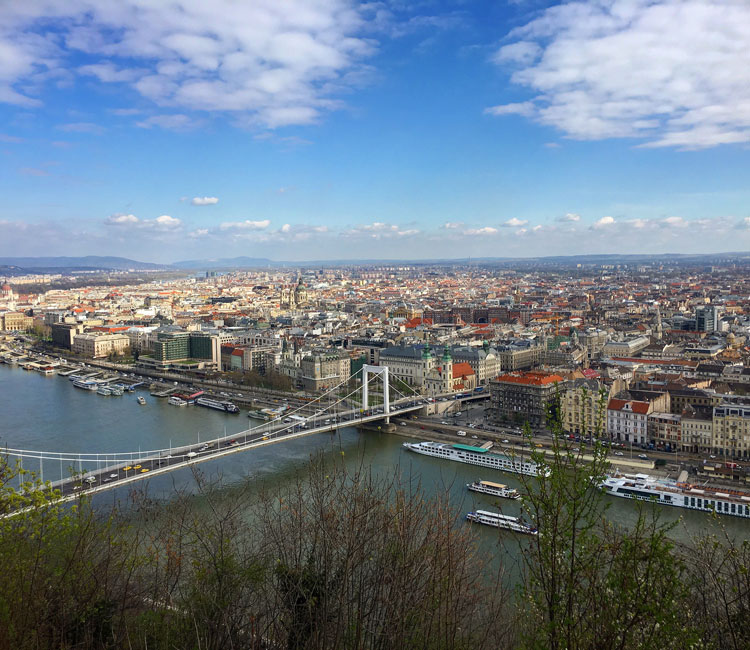
At the top of Gellert Hill (770 feet) is Budapest's Statue of Liberty. Located in Buda, Gellert Hill is where you can have the best panoramic views of Budapest. See the Danube River and both Buda and Pest.
Has all of this got you yearning to explore? Check out Collette's most anticipated cruise in 2020 - the Classic Danube River Cruise with Oberammergau Passion Play. This river cruise features Budapest, Bratislava, Vienna, Passau, and Munich in six nights plus tickets to an incredible performance that only happens every ten years.
